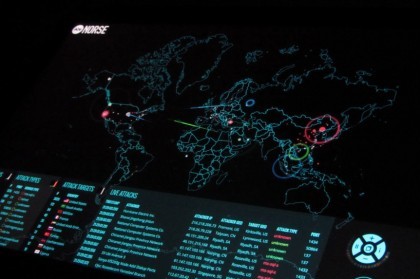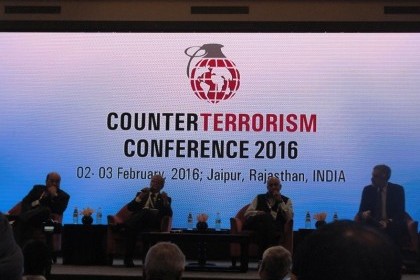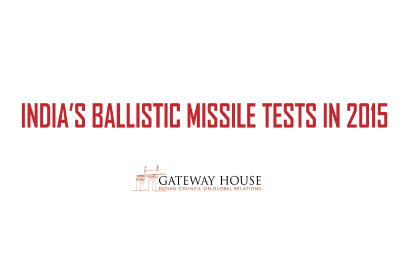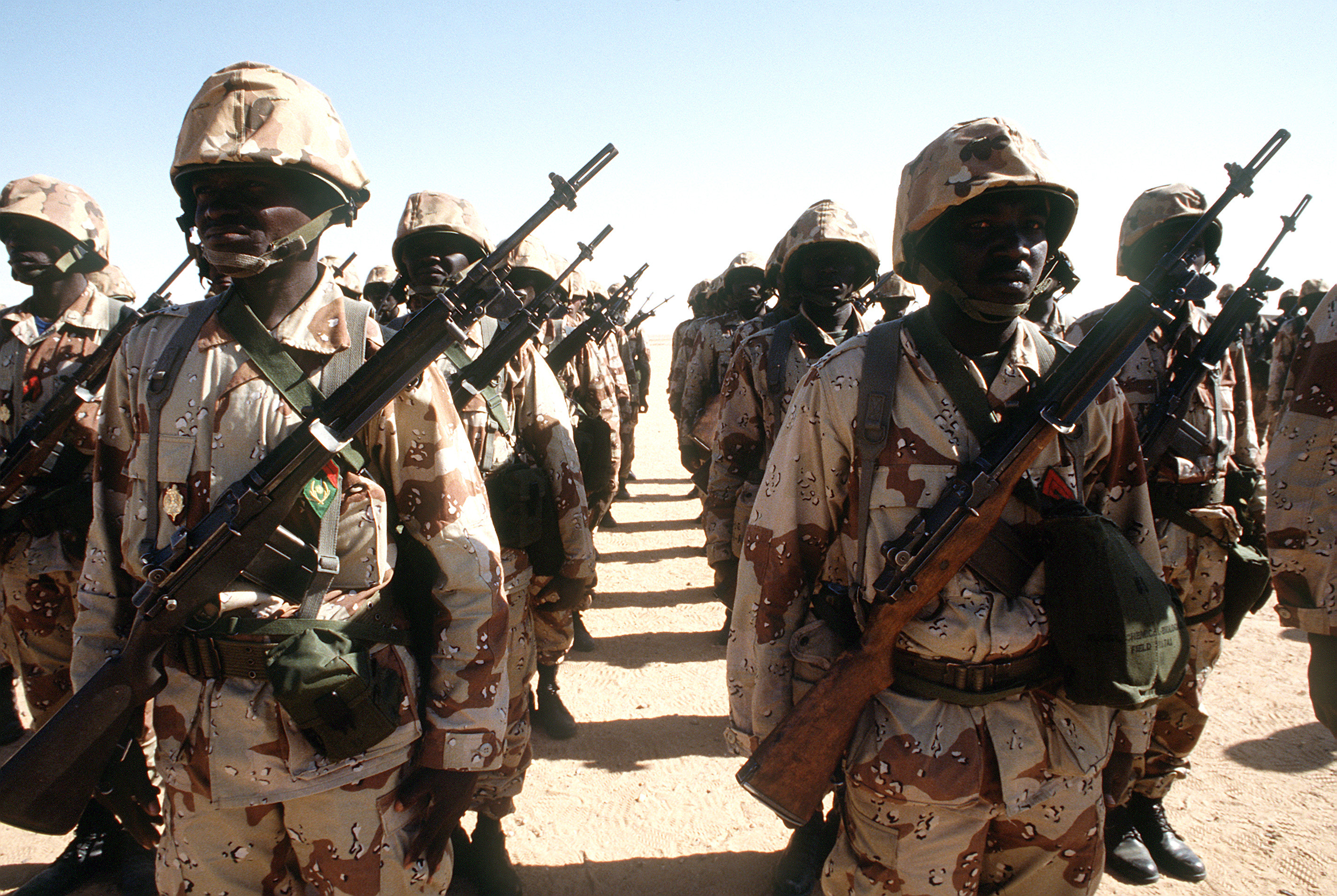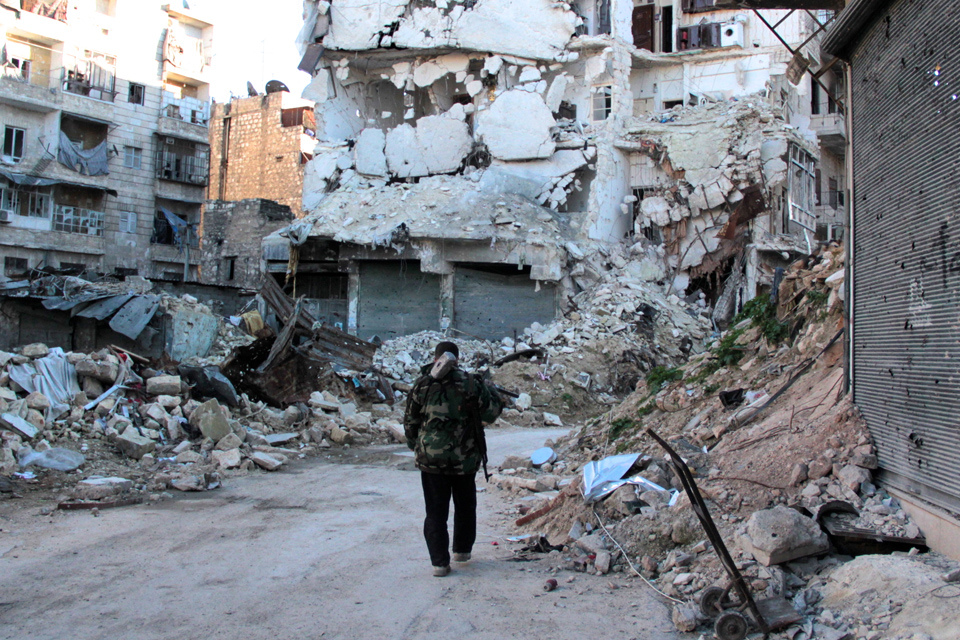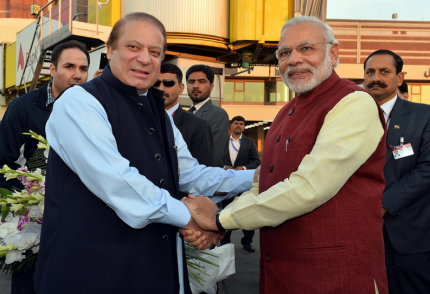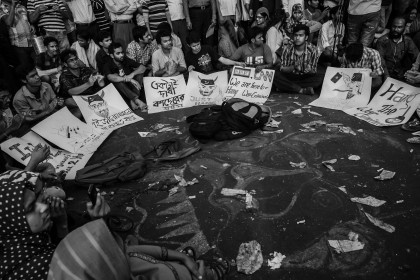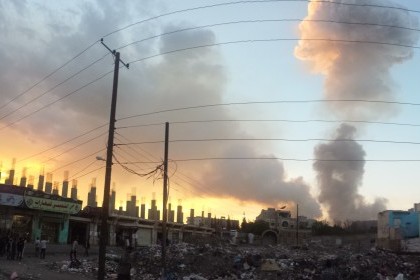Geopolitical rivalries in cyberspace
The recent cyber attack on Ukraine’s power grids is indicative of the cyber space becoming the most useful tool for perpetuating geopolitical rivalries. Many countries are rapidly expanding their offensive cyber capabilities, and it appears the militarisation of cyber space is complete.

